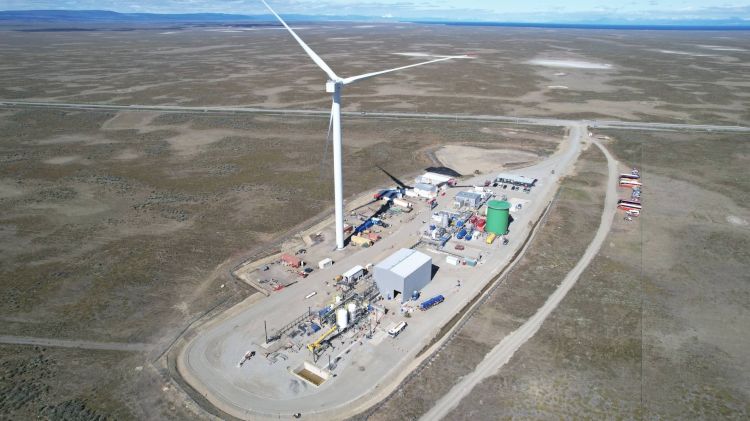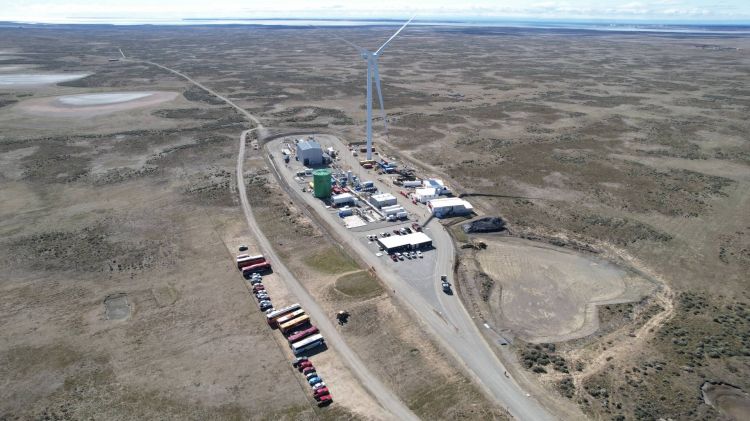At the moment there are approximately 1.3 billion internal combustion vehicles on the road in the planet. Many of these vehicles will continue to function for decades, even though enormous efforts are being made to electrify the fleet of many countries. The contribution to global warming of internal combustion is due to the fossil origin of its CO emissions2. That is why manufacturers like Porsche are working very intensively to make internal combustion neutral. And Porsche has just put its solution into production.
The solution is none other than the production of synthetic fuels. As we already told you a year ago, the Porsche project is one of the most ambitious on a global level, and it is not for less: the character of the cars of the German brand is closely linked to their internal combustion engines, although they also aspire to electrify an important part of their future. It is estimated that 80% of the Porsche produced is still in circulationand the brand is one of the closest to both motorsport and its legacy of classic vehicles.
Synthetic fuels can be nearly CO2-neutral2 if they are produced with clean energy.
Simply put, Porsche needs to continue to embrace internal combustion. And to do so, it has begun to produce synthetic gasoline from air, water and electricity. The process begins with the electrolysis of water, an electricity-intensive process that results in green hydrogen and oxygen. Green hydrogen is combined with carbon dioxide, captured by physical filtration from the air. The result of this combination is methanol, a hydrocarbon that through a simple chemical process is converted into gasoline.
This gasoline is suitable for any internal combustion engine, and it is already being used in the brand’s competition programs, as well as in the fuel used in some Porsche Experience Centers. The key to this entire process is climate neutrality, and for this it is essential that the electricity used for the electrolysis of water be of renewable origin, and as affordable as possible. Therefore Porsche has built its Haru Oni e-fuels plant in southern Chilein a region where strong winds prevail throughout the year.
Porsche aims to sell a liter of synthetic fuel at a price of around 2 euros/litre.
The Porsche and Highly Innovative Fuels pilot plant – also built with Chilean state support – has already started to produce fuel, and in its first year it will produce some 55,000 liters of neutral fuel. In the middle of the decade, production will increase to 55 million liters, and by 2028, Porsche aims to produce 550 million liters annually only in Haru Oni. At the opening ceremony, Barbara Frenkel and Michael Steiner, members of the Porsche management board, refueled a 911 with the first liters produced.
Porsche has already invested more than 100 million euros in this project. Although the European Union continues to bet on mobility with zero local emissions from 2035, the increase in the cost of certain essential materials to manufacture an electric car, the increase in the cost of living and the difficulties of implementing the charging infrastructure seem to be beginning to weaken the European Commission’s intransigence towards synthetic fuels.





